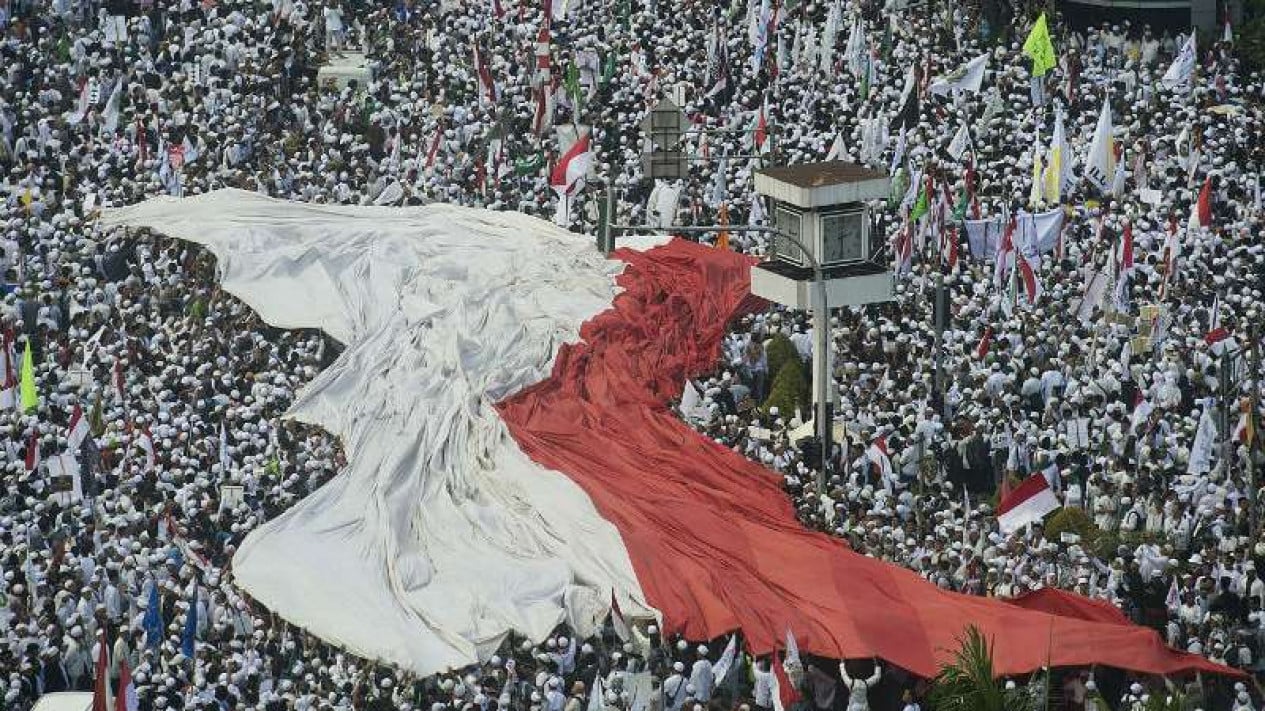In the realm of politics, the Muslim community is often likened to passengers on a ship sailing on open seas, lacking stars as guidance, devoid of a compass to determine direction, and without a comprehensive understanding of the true destination.
At times, the Muslim community may seem ensnared within the uncertain political tides, yielding to the direction set by their leaders, without considering the consequences for the many who follow in their wake.

This raises questions about the necessity of establishing clear political principles so that the Muslim community can be liberated from the influence of a leader’s personal temperament. Indeed, a leader should adhere to political principles, rather than the reverse, and ensure that the interests of the community take precedence.
In the complex and tumultuous world of politics, having a robust set of political principles is imperative. Without clear guidelines, the Muslim community can find itself in situations where their leaders make decisions based on personal desires or for the benefit of certain groups, disregarding the common good. Political principles rooted in fundamental Islamic values are a crucial foundation for guiding the political actions of the Muslim community.
The Principle of Justice
One of the most fundamental values in Islam is justice. Justice should be the primary principle governing every political guideline within the Muslim community. This means that every policy or political action should be assessed in terms of how justly they serve all members of society, irrespective of race, religion, or social background.
Political principles based on justice will ensure that the Muslim community not only looks out for their own interests or those of their group but also respects the rights of individuals and other groups in society. This is a vital step in avoiding social conflicts and injustices that could jeopardize political stability.
All too often, political leaders act based on their personal temperament, without considering strong ethical or just principles. This can lead to impulsive decisions that harm the Muslim community and society at large. Therefore, political principles should bind political leaders, and these leaders themselves must possess strong moral integrity to adhere to these principles.
Leaders of integrity will see themselves as servants of the community, not mere wielders of power to fulfill personal desires. They will carry out their duties based on recognized principles of what is right, resulting in better and fairer decisions.
It is essential to understand that political leaders are representatives of the community, not the other way around. They are chosen to represent the interests and values of the community and must, therefore, adhere to the political principles agreed upon by the community. Political principles are not tools for achieving the leader’s personal goals but guidelines for achieving a greater objective, which is the common well-being.
Leaders who follow political principles will avoid abuses of power and unethical actions. They will act in the public interest, and if there are violations of political principles, there should be effective mechanisms in place to address these violations.
While having clear political principles and ensuring leaders adhere to them is undeniable, facing these challenges is not straightforward. One of the primary challenges is reaching a consensus on the political principles to be followed. The Muslim community holds diverse political viewpoints and must reach an agreement.
It is also important to undergo this process with patience and understanding. This step is crucial to ensure that the resulting political principles reflect a variety of aspirations and interests within the Muslim community.
Another challenge is ensuring that elected political leaders genuinely follow the agreed-upon political principles. This requires strict oversight and effective monitoring mechanisms. The Muslim community must be prepared to take action if leaders violate these principles and carry out their duties unethically.
The Future of Politics
Moving forward, the Muslim community must understand that they play a pivotal role in shaping their own politics. They are passengers on this political vessel, and their responsibility is to ensure that this vessel sails toward a clear and beneficial destination for all its passengers.
With strong political principles, the Muslim community can work together to achieve collective well-being. This responsibility is not solely that of political leaders but all of us as members of the Muslim community. Through cooperation and unwavering determination, we can build a better future for the Muslim community and society as a whole.
That’s why it is time for the Muslim community to reflect on their role in politics, establish clear principles, and ensure that their leaders adhere to these principles. Only by doing so can we steer the ship of Muslim political affairs toward the collective well-being we all aspire to.










